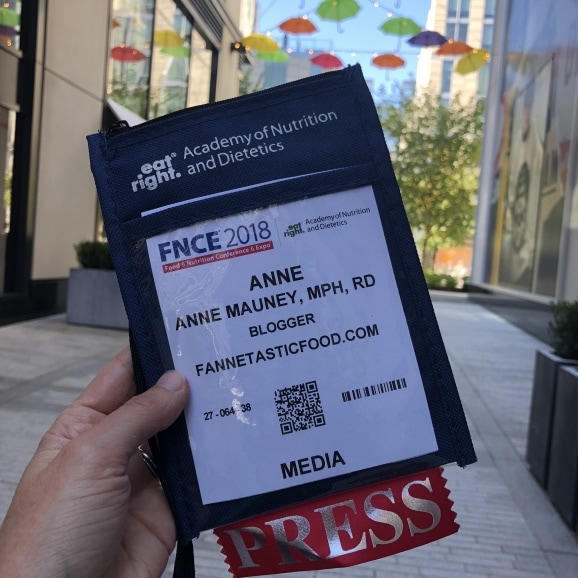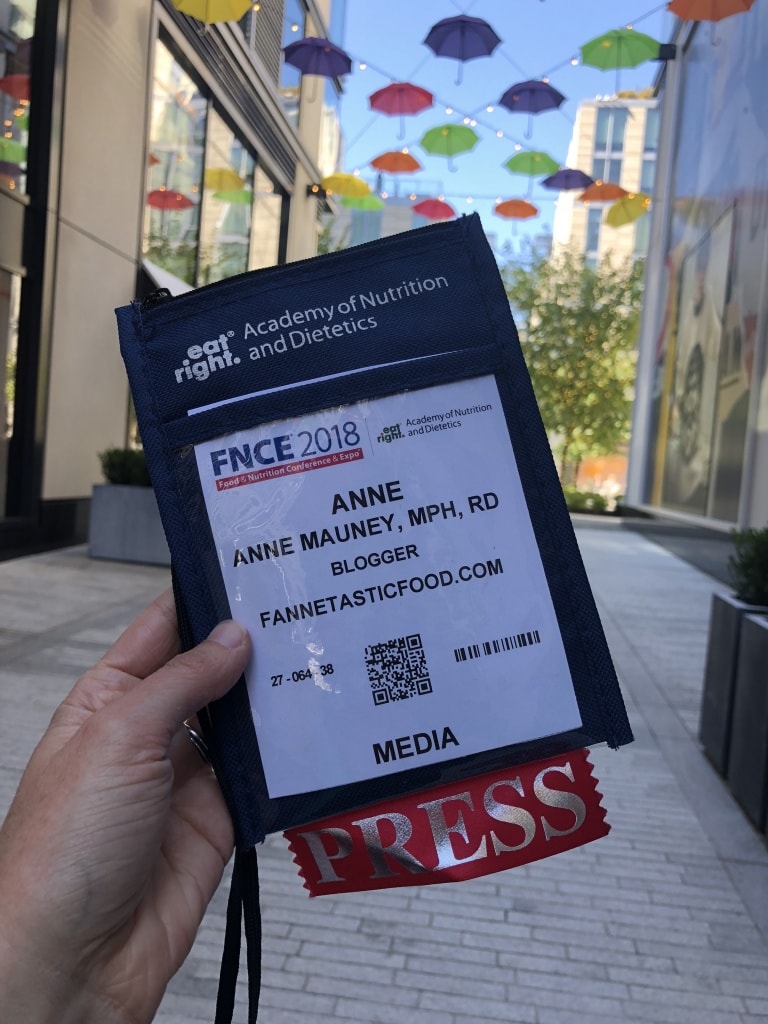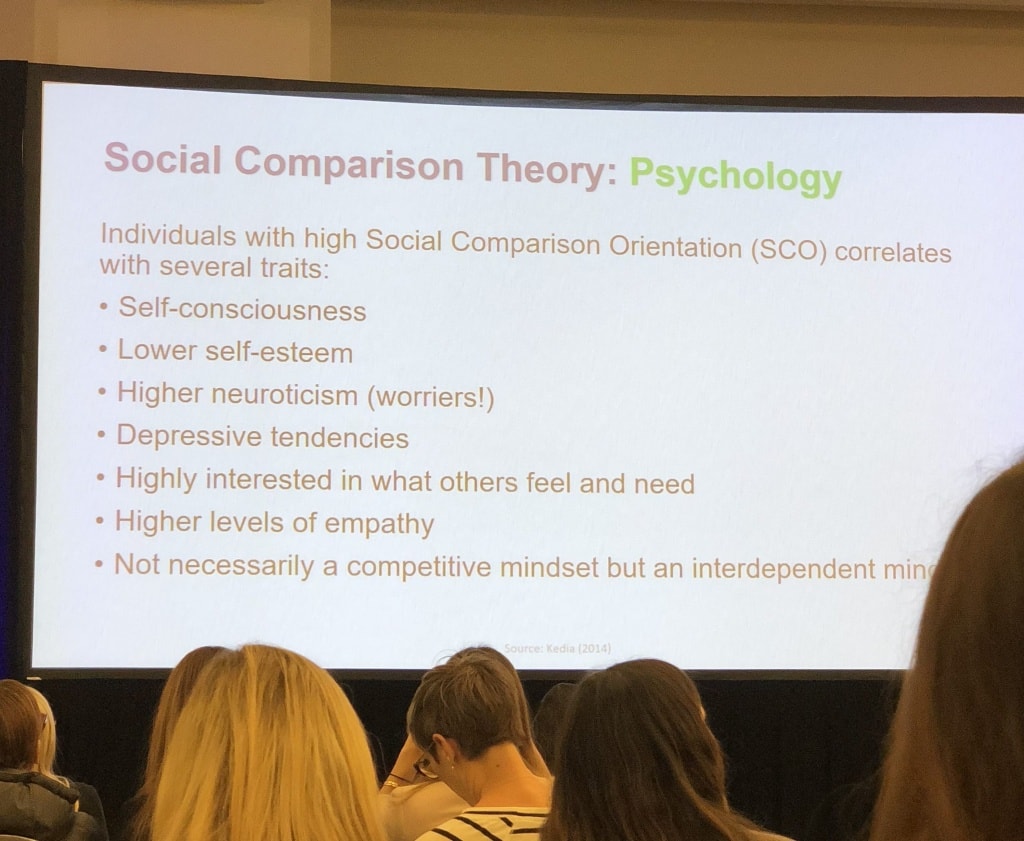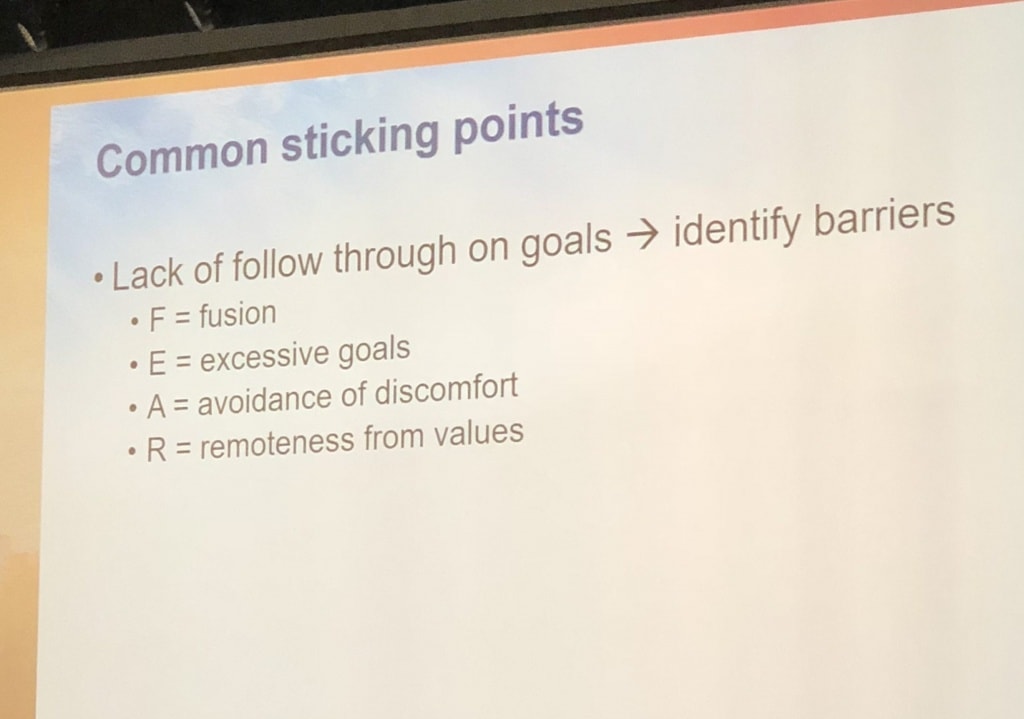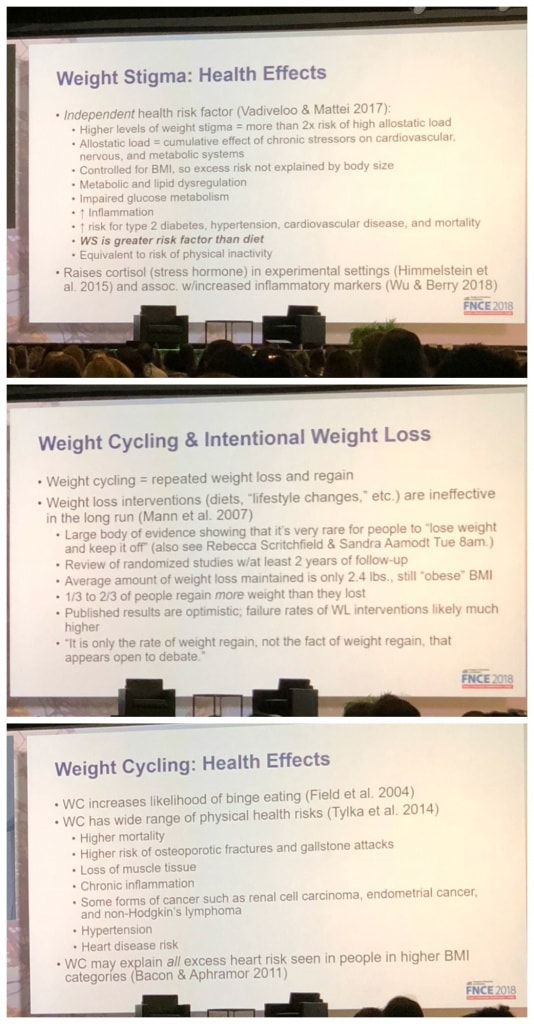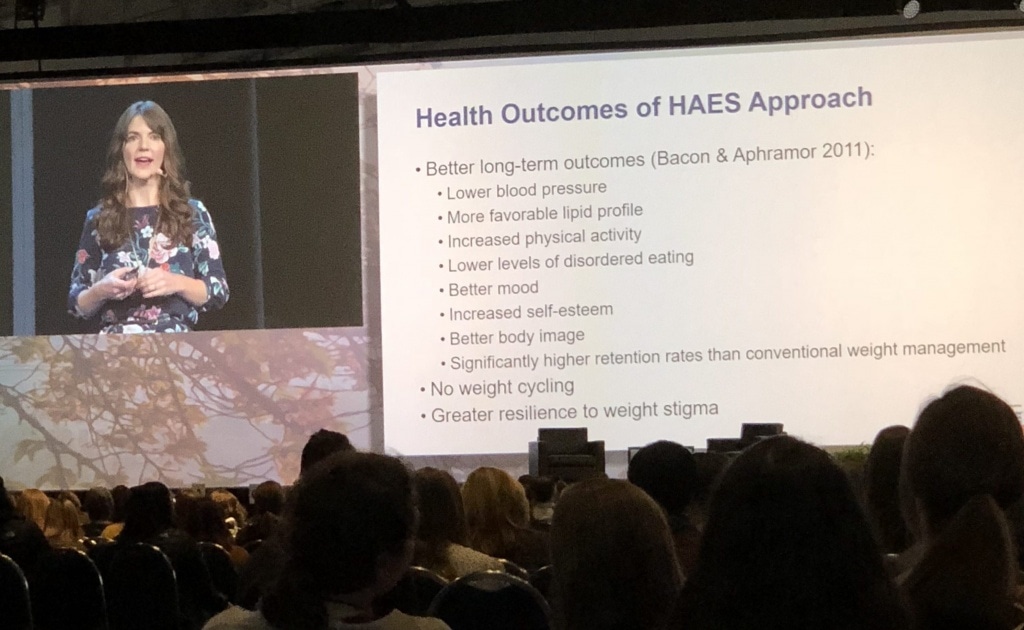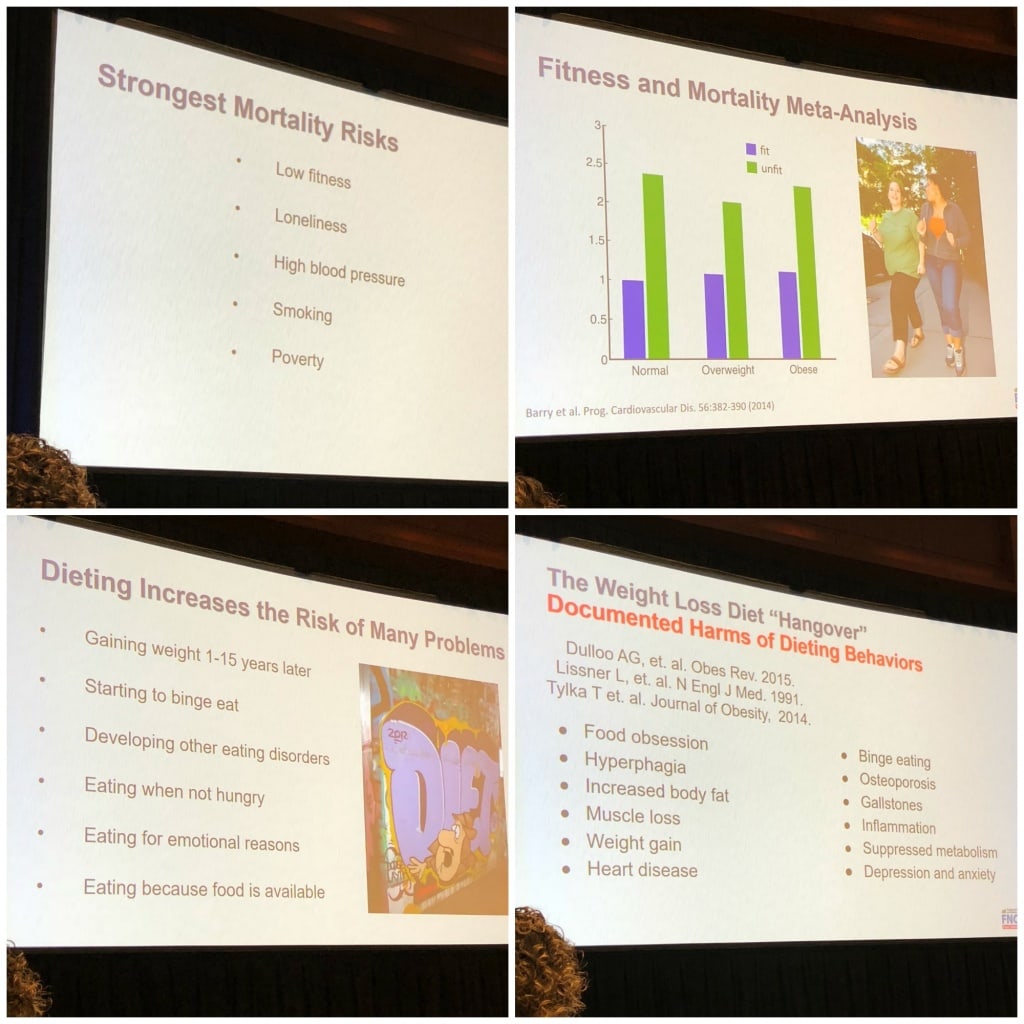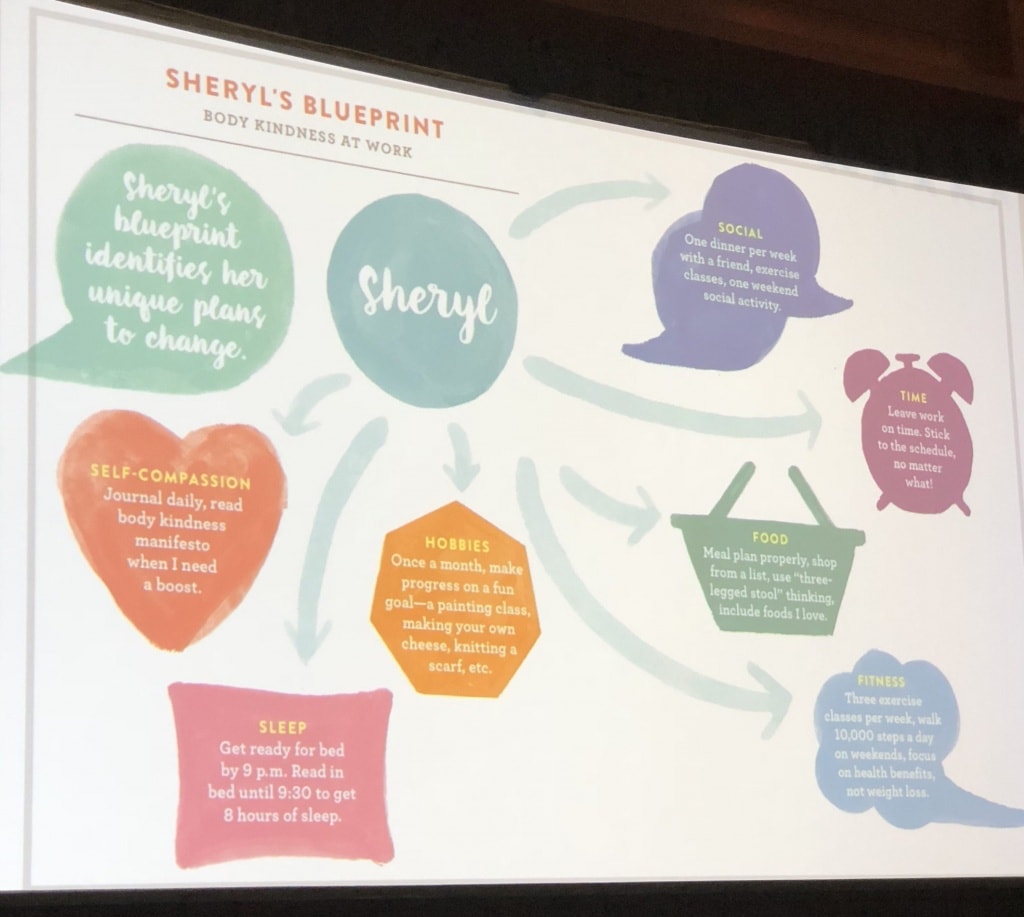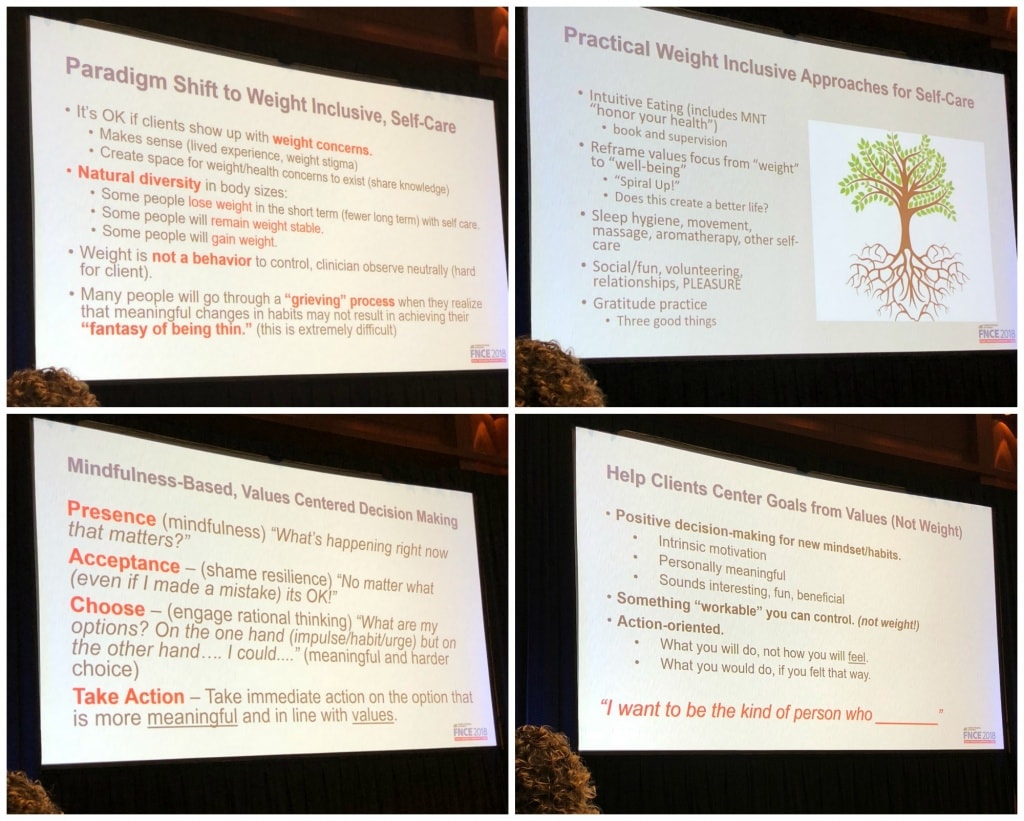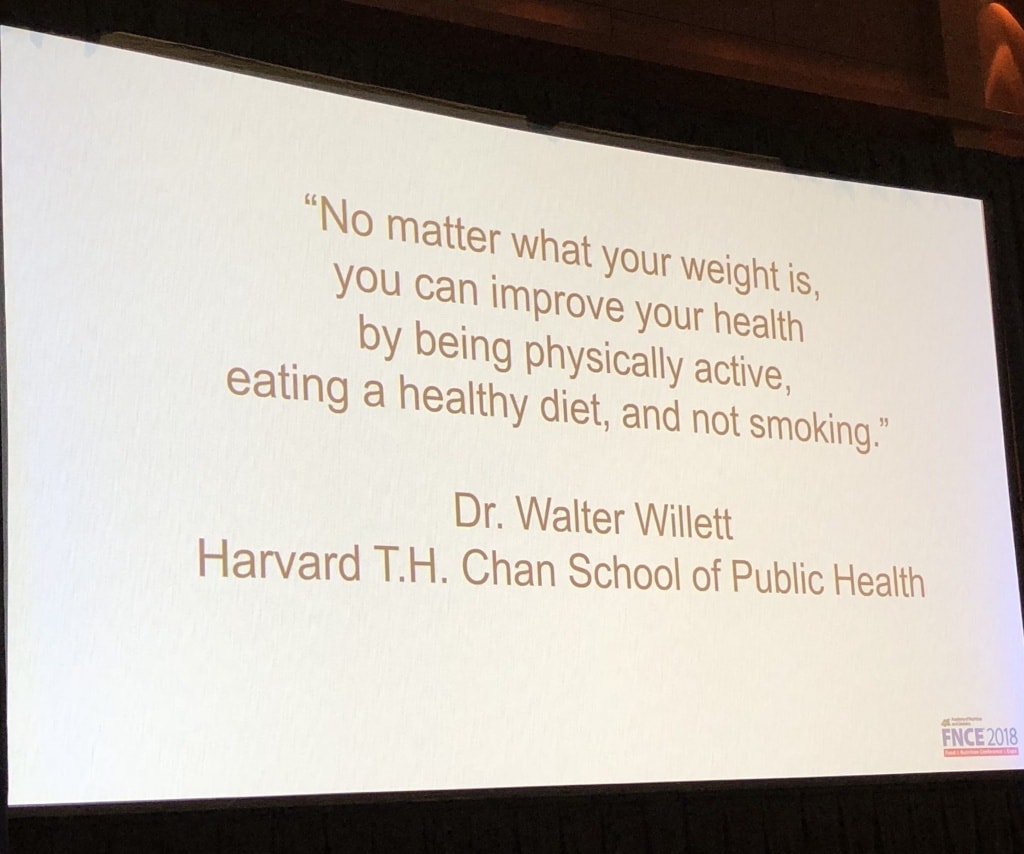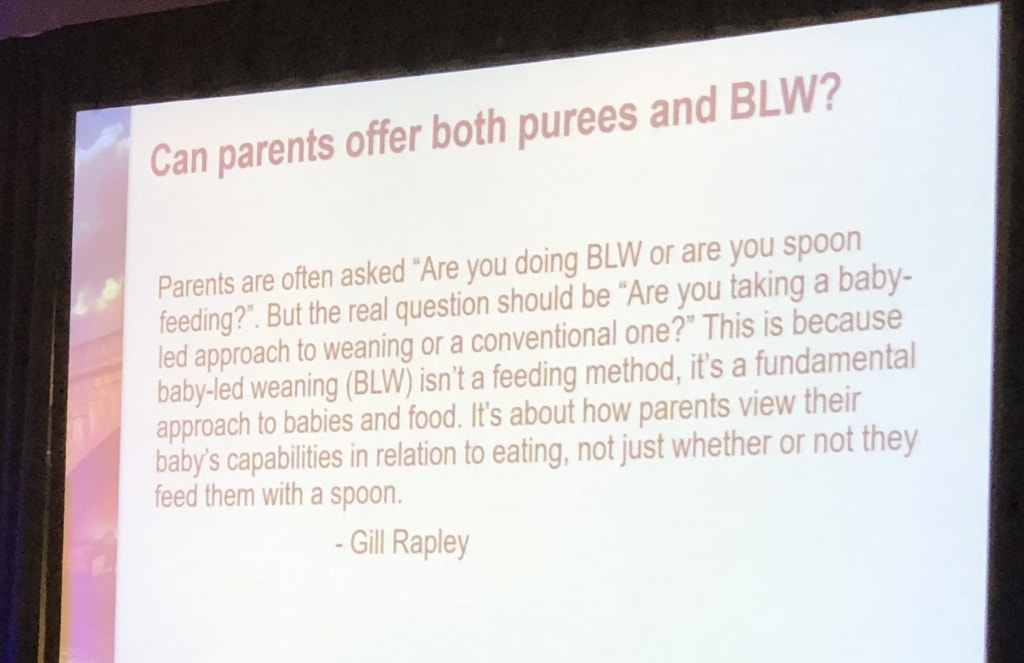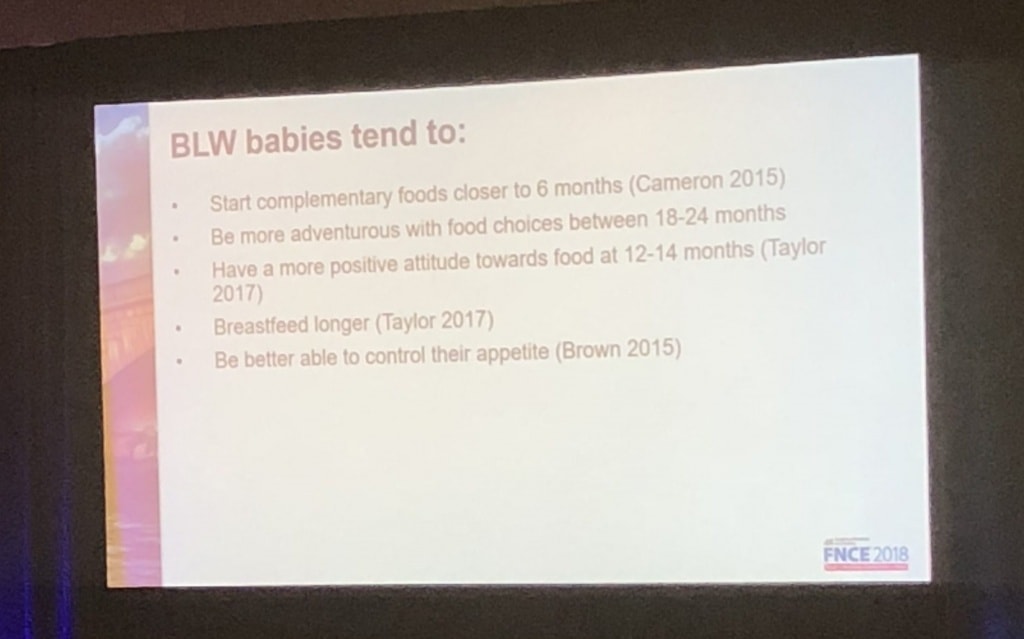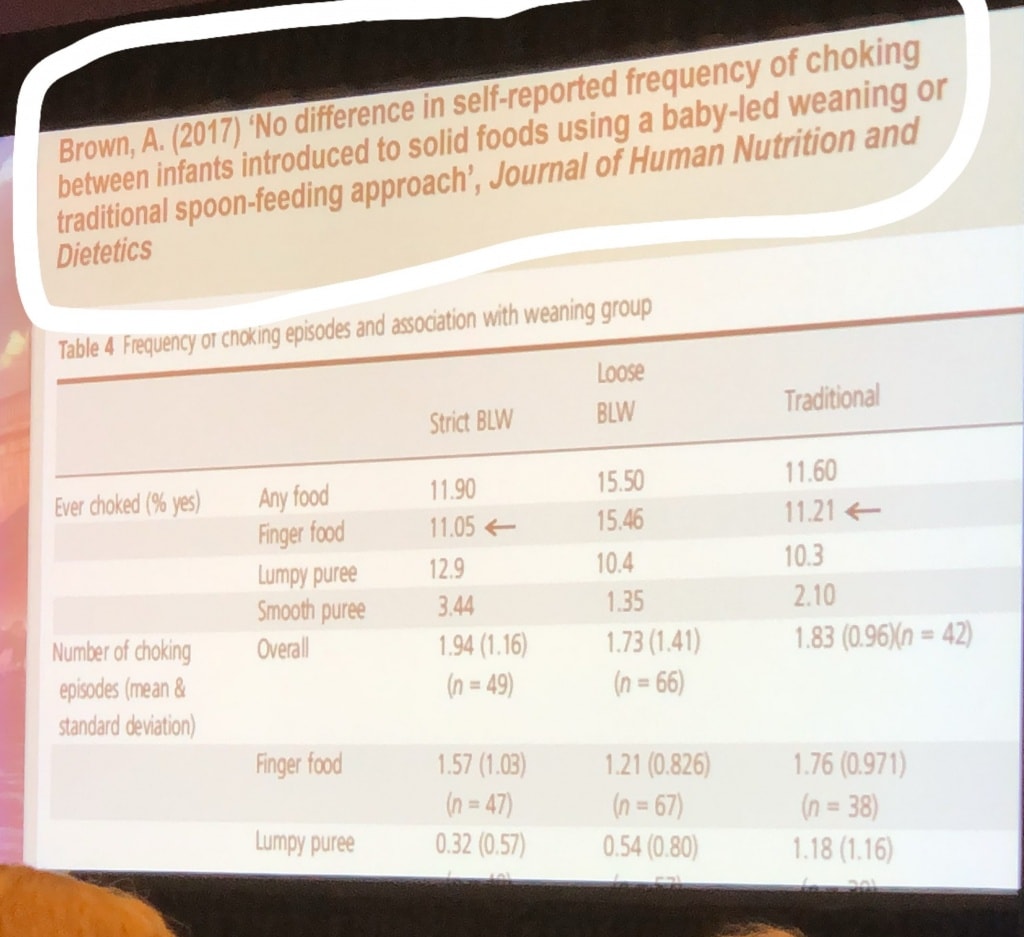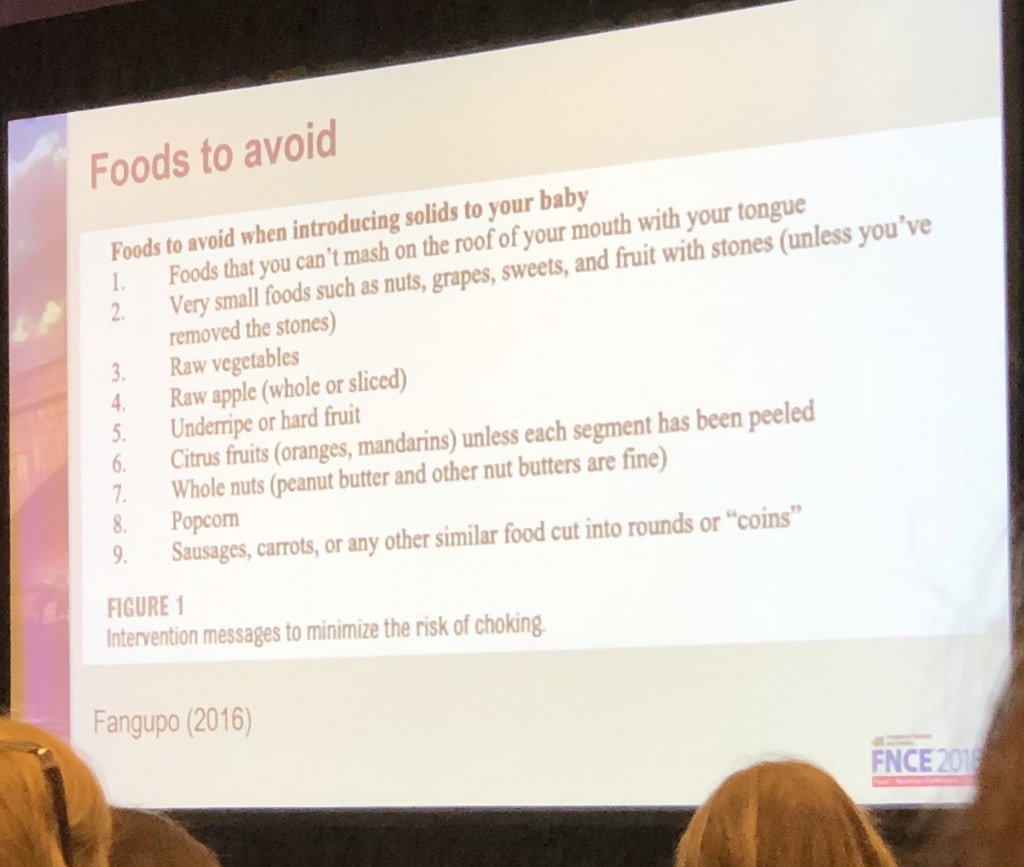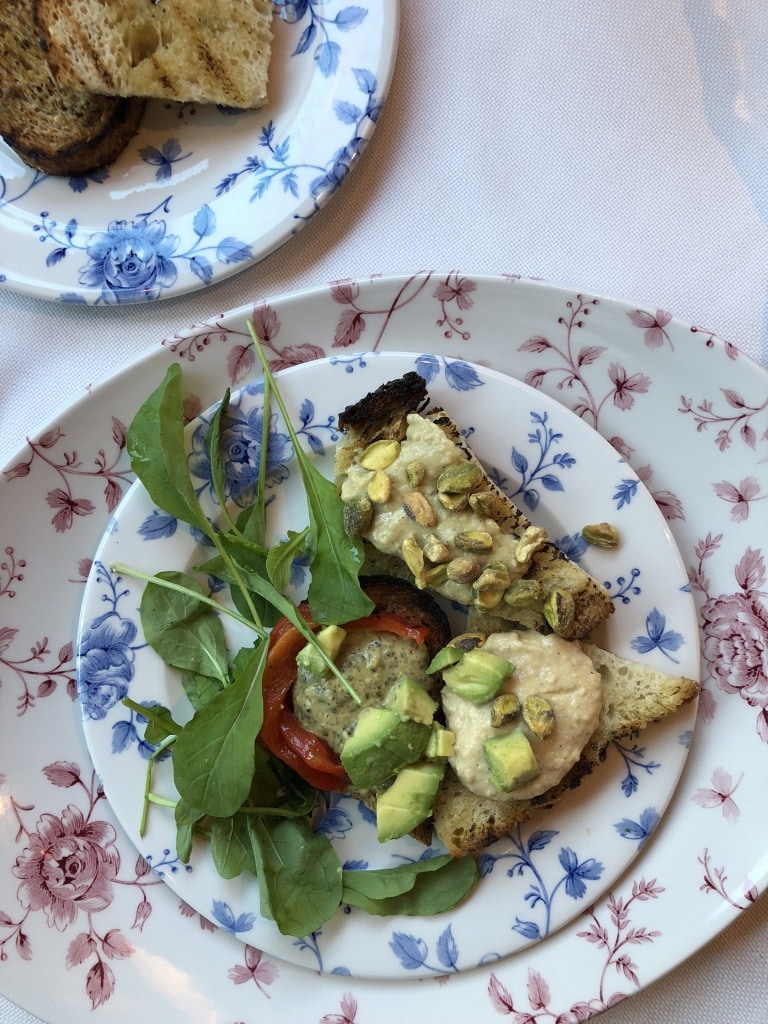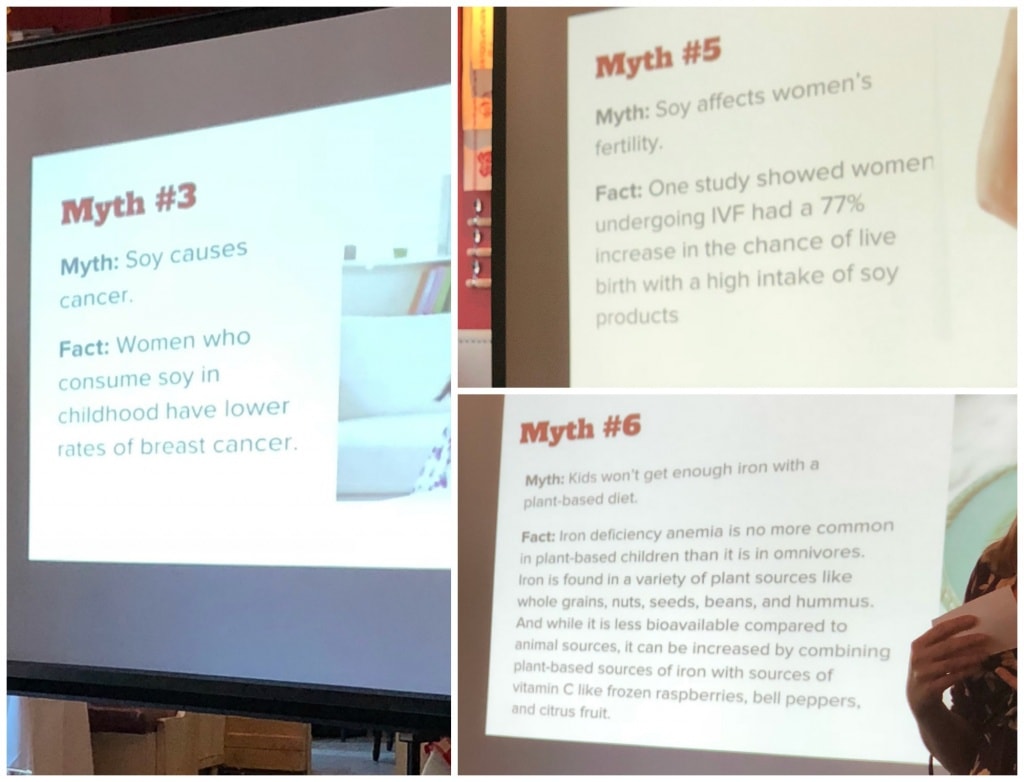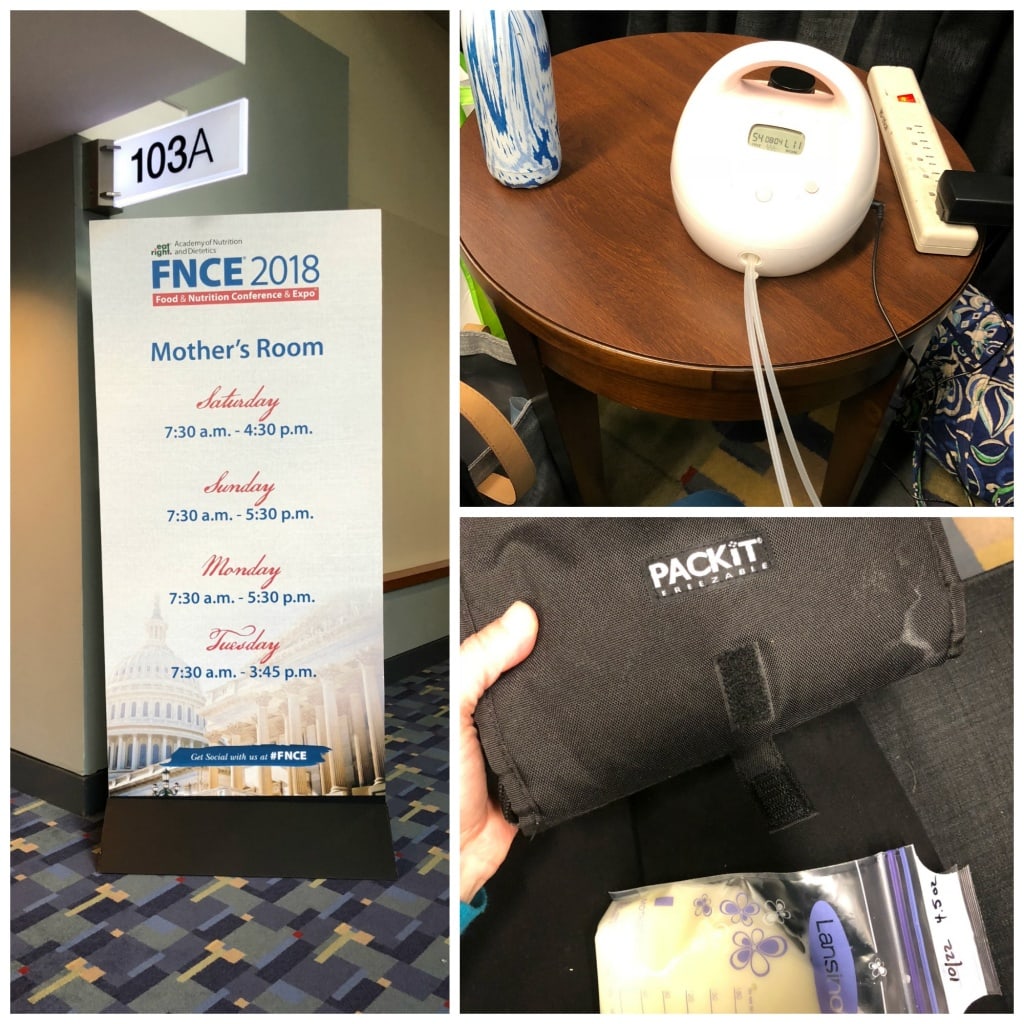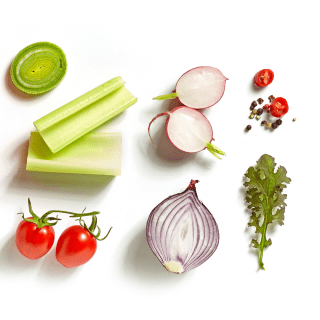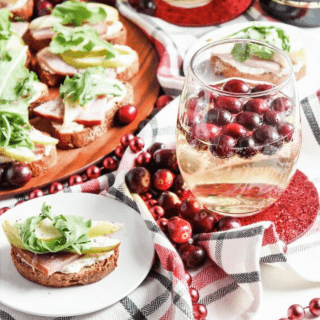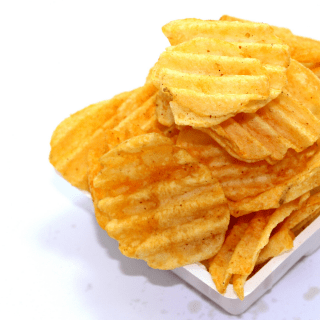As I mentioned previously, last week was FNCE, the Food & Nutrition Conference & Expo. It’s the world’s largest meeting of food and nutrition experts, with more than 10,000 dietitians, nutrition science researchers, policy makers, health-care providers and industry leaders in attendance. I’ve attended the conference a number of years now and always enjoy learning the latest on nutrition research and hot topics. (I actually spoke at it myself in 2015, which was a big honor!) I also really love the opportunity to see a bunch of my dietitian buddies, and to connect in person with brands that I partner with through the blog.
As in previous years, I attended the event as press, which meant I received free registration for the conference in exchange for writing about it. If you also have a blog or are a journalist and would like to attend FNCE as press in the future, check out their media page for details on how to apply.
I’ve already chatted about the social and food adventures I got into during FNCE (check out my FNCE 2018 social fun post if you missed it), and now I’m back to share some highlights from the conference sessions that I attended. I went to five educational sessions:
- Food Porn Dilemmas: Balancing Artful Imagery and Real-World Attainability in Social Media
- Acceptance and Commitment Therapy: Empowering Patients to Make Meaningful Change
- Debate: A Conversation on Weight Management and Health at Every Size
- The Neurobiology of Dieting: Evidence for Improving Mental Health with a Self-Care Approach
- Baby Knows Best: The Evidence and Controversy of Baby-Led Weaning
It’s hard to distill everything I learned into one post, but I’ll give it a shot. Here are some of the highlights from each session!
Food Porn Dilemmas: Balancing Artful Imagery and Real-World Attainability in Social Media
Regan Jones and Marci Evans did a great job with this session – it was fascinating to learn more about social comparison theory and the neuroscience and research behind it. We are hard-wired to compare, but there are strong correlations between upward comparisons and poor mental health. Basically, comparing yourself to people who you perceive as doing things better than you will make you feel like crap. They discussed that for those of us nutrition professionals that are also social media influencers and bloggers, it’s important to make sure that we aren’t portraying our lives as perfect. Sure, quality photography matters – but you can take a good photo that’s also realistic. And as consumers of social media, it’s important to remember that people are often showing mostly highlights. Monitor the time you spend on social media, and observe how it is making you feel. If it’s not so great, it might be time to mix things up.
Acceptance and Commitment Therapy: Empowering Patients to Make Meaningful Change
This session, led by a clinical psychologist, was one of my favorite sessions because it was really helpful for my AnneTheRD nutrition client work! The session discussed helping clients to get unstuck so they can engage in what really matters to them and create lasting change. Highlights:
- If you find yourself in a defeatist or negative thought pattern, ask yourself: “Is this thought helpful?”
- It can also help to add in front of whatever negative thought you have “I’m noticing that I’m having the thought that…” to take the thought out to arms length and help get you out of a cycle of negative self talk.
- Elimination of pain or uncomfortable feelings is not the goal – acceptance is. Stop struggling and allow yourself to have feelings. Acceptance is not giving up or being passive – it’s an active choice.
Debate: A Conversation on Weight Management and Health at Every Size
This session was fascinating and FNCE attendees agreed because it was a packed room! As you all know, I practice an intuitive eating approach with my clients, helping them to adopt long term, sustainable positive health habits without a focus on weight.
One of the intuitive eating dietitians I really admire is Christy Harrison, who was one of the presenters for this debate. She hosts a great podcast called Food Psych if you haven’t listened to it yet, and is a big proponent of Health At Every Size (HAES). HAES focuses on accepting and respecting the diversity of body shapes and sizes, and promoting health and well-being in a way that does not involve a goal of weight loss. Her portion of the presentation shared the considerable scientific evidence that supports the HAES approach and the fact that weight and BMI are poor predictors of disease, and that studies suggest that focusing on weight is actually the opposite of helpful. See the slides below for more:
If you’d like to learn more about this, I’d encourage you to check out the HAES website. It has a wealth of research and information available!
The Neurobiology of Dieting: Evidence for Improving Mental Health with a Self-Care Approach
Rebecca Scritchfield, a fellow local dietitian and friend of mine, led this great talk that focused on helping clients build healthy habits vs. restricting their food intake. Did you know that fitness (or lack thereof) is 10 times more important than weight for mortality risk?
Here’s a great example of a client plan focused on self-care and healthy habits vs. weight loss. This is a way prettier version of the types of goals/actionable steps I have my AnneTheRD nutrition clients work towards!
Here are some helpful slides sharing tips for working with clients using a weight-inclusive, self-care focused approach:
Loved this as well:
Baby Knows Best: The Evidence and Controversy of Baby-Led Weaning
The last session I attended was one near and dear to my heart right now: all about baby-led weaning! As you all know, this is the approach we’ve taken with our daughter Riese, so I already knew this information from my previous research, but it was still interesting to attend the talk, which was led by dietitians Jessica Coll, Diana Rice, and Meghan McMillin (check out their sites for great resources/tips regarding baby led weaning as well as pregnancy and postpartum nutrition)! I actually missed the first bit of the talk because I was pumping (irony), but the second part was great!
If you’d like to learn more about baby led weaning, I’d suggest checking out the speaker’s websites (linked to above) and also reading the wonderful book Born to Eat before you get started to make sure you understand all the basics. Baby led weaning can be a great way to raise an intuitive and potentially more adventurous eater, and if done right/following the guidelines, research shows there is not an increased risk of choking compared to a traditional spoon feeding approach.
Before I wrap up, and while on the topic of feeding children, I want to give a shout out to Plant Based Juniors, which shares evidence-based guidance for feeding babies and kids. They hosted a lunch event with a gorgeous make your own toast bar!
They did some myth-busting around plant-based diets while we enjoyed lunch as you can see on the slides below.
And lastly, thank you to the FNCE organizers for having a comfortable and private space for nursing moms to pump or feed their babies while at the conference. It was much appreciated! We were able to check our pumps and leave milk in the fridge/freezer in the room as well, which was nice to not be hauling everything around all day long. I brought a freezable lunch bag with me that worked well to keep my milk cold when I went straight to evening events from the conference (we couldn’t leave milk there overnight).
So there you have it! Another FNCE in the books. I’m looking forward to next year’s in Philadelphia already!
Previous FNCE recaps:


